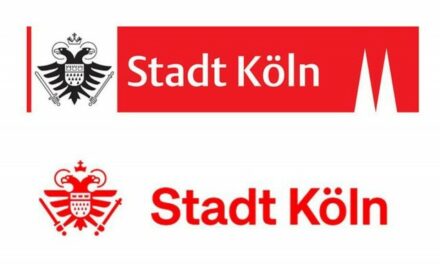Earlier than ever, on Tuesday, next year's minimum wage will be put on the agenda during the consultation between the trade unions, employers and the government, VG.hu learned. The purpose of the early negotiation round is to lay the groundwork for the wage negotiations due towards the end of the year. We understand that the aim of the parties is an agreement for several years, which would replace the agreement concluded in 2016, which expires this year. The League and the Workers' Councils proposed a procedure that, taking into account the main economic processes, would guarantee the stability of the minimum wage and could be a starting point for negotiations on the minimum wage.
Instead of the usual late autumn date, negotiations on next year's amount of the minimum wage and the guaranteed minimum wage will begin on Tuesday, VG.hu learned. This year, the trade unions and the employers' interest representatives are sitting at the negotiating table with the government earlier in order to prepare the autumn negotiations. For the time being, it is therefore not expected that either the trade union side or the employer side will make a concrete proposal for the amount of minimum wages in 2023. Such a proposal would not be taken seriously at this time.
Despite the uncertainty, the parties are striving for another long-term agreement this year, as the successful deal concluded in 2016 expires. In the long term, the proposal of the Liga Trade Unions and the National Federation of Workers' Councils would make the mandatory minimum wages predictable and sustainable and could be the starting point for national negotiations in the future.
Imre Palkovics, the president of the National Association of Workers' Councils, indicated to VG.hu that the basic goal of the proposal is to reflect the performance of the economy in the increase in the wages of employees. Taking these aspects into account, the minimum wage would remain stable if the wage were to change according to the sum of the rate of consumer price increase predicted for the given year and the rate of real GDP growth predicted.
Based on the formula, if changes in the minimum wage and the guaranteed minimum wage were to be determined according to current economic trends, it would have to be increased between 8 and 13 percent. In its inflation report published at the end of June, the Magyar Nemzeti Bank expects a 6.8-9.2 percent increase in consumer prices by 2023 and a 2-3 percent GDP growth.
However, the MNB's current forecast cannot be taken into account for the determination of the minimum wage in 2023, as the central bank may even significantly modify its expectations for the late autumn negotiation rounds, adapting to real economic processes.
For the time being, the employers do not support the proposal of the League and the Works Councils. VG had already been informed by the business interest representatives that the negotiations could start in earnest at the end of September at the earliest. In this situation, however, they do not consider it fortunate to tie the change of the minimum wage to a fixed formula, and they would continue to follow the practice of the last ten years in the negotiations of the VKF.
According to information from VG.hu, the directive proposal known as the European minimum wage will also be on the agenda at the unusually early consultation. Although the Member States have two years from the adoption of the directive to transpose it,
the Hungarian minimum wage already meets the most essential points contained in the EU minimum wage proposal.
The directive proposal was voted on this week by the European Parliament's specialist committee, and the Fidesz MEPs also supported the EU minimum wage. The European Commission's draft does not specify what the minimum wage should be in a given member state, nor does it impose obligations for its determination. At the same time, it states that an agreement must be reached through negotiations based on an employee and employer agreement, which also operates in Hungary.
The aim of Brussels' proposal is to ensure that EU citizens who work are not exposed to the risk of income poverty. At the same time, according to experts, the practical application of the European minimum wage directive is not transparent for the time being, since the fulfillment of the goals contained in the document requires data that is not yet available in any EU country at the end of the year.
Source: Hungarian Nation
Featured image: berportal.hu













